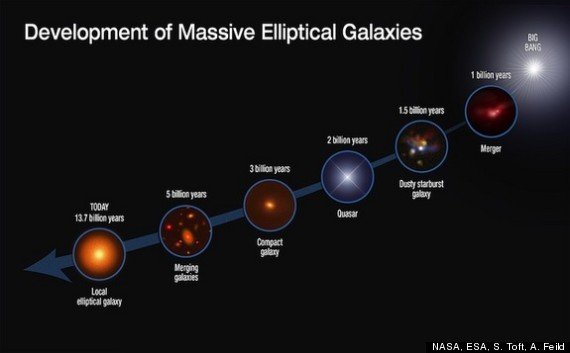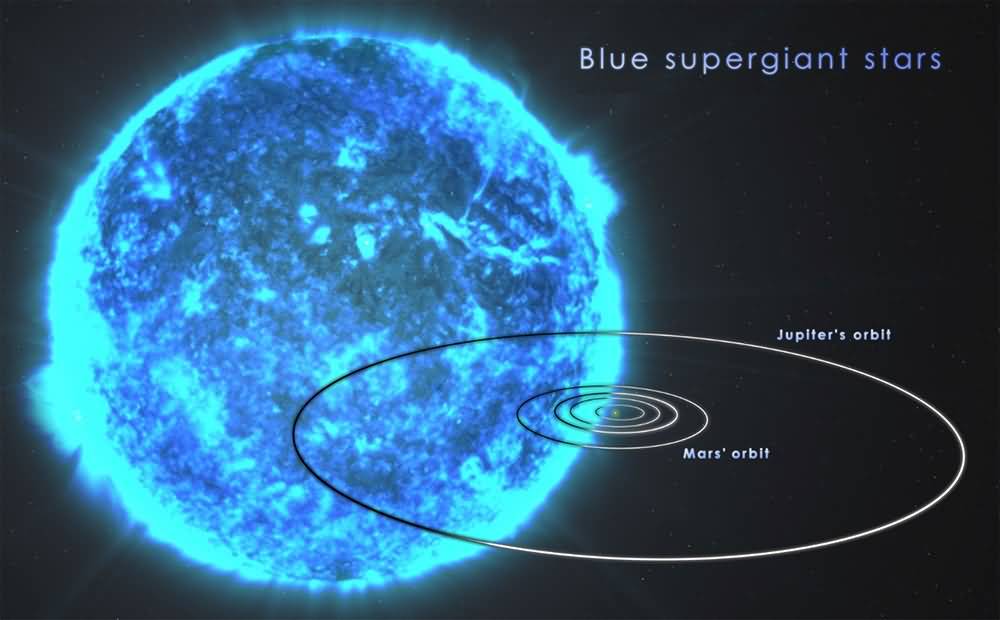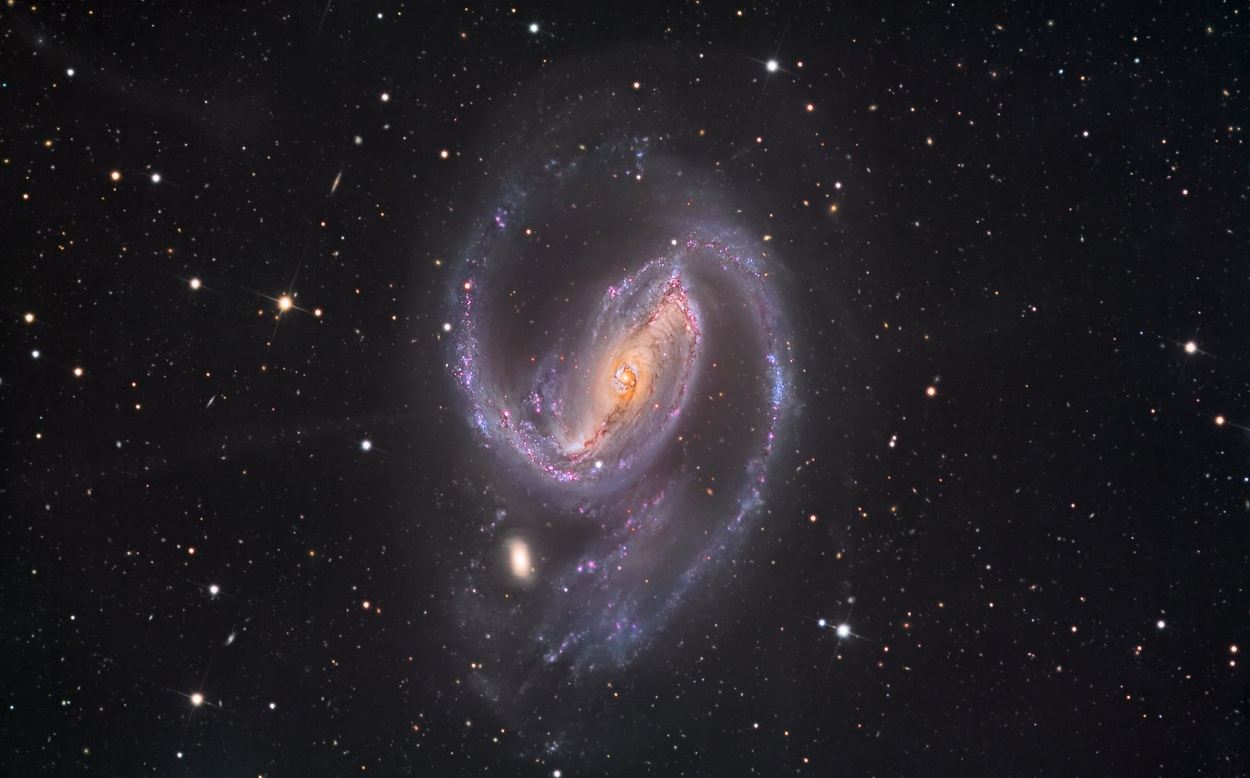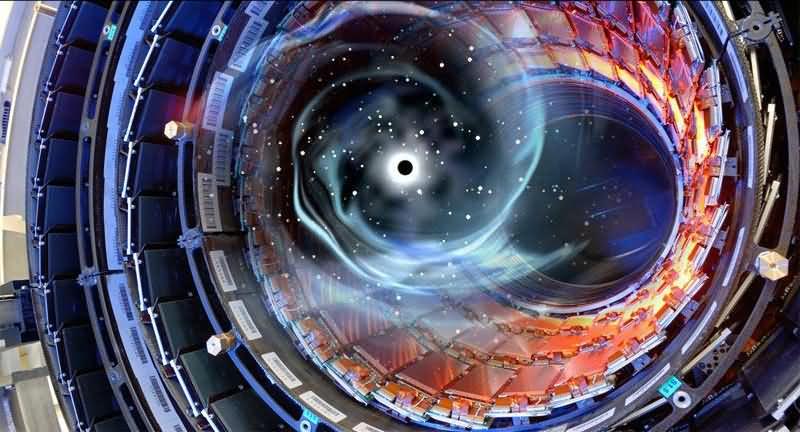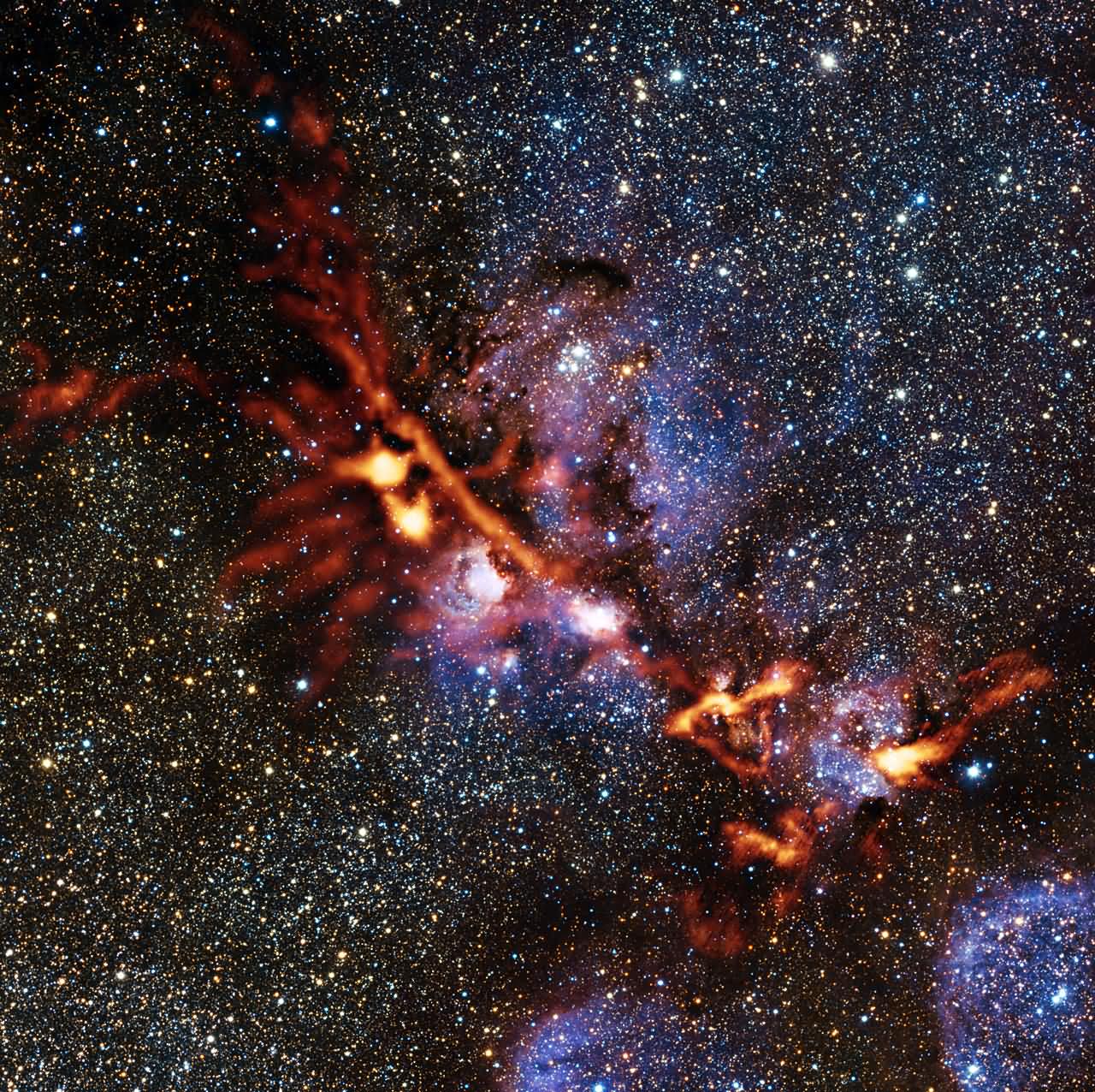A Look at the Mystery of Galaxies That Died Too Early
Scientists from Denmark have uncovered the mystery of premature deaths of galaxies, with three galaxies discovered 3 billion years after the Big Bang. Now, they believe that cosmic collisions in the early universe caused premature aging and the formation of dead galaxies that can no longer produce new stars.
This mystery began with the galaxies discovered at the Niels Bohr Institute at the University of Copenhagen, when the universe was only 2-3 billion years old. These galaxies were a complete enigma because they were old, large, and dead, like the galaxies we see today, having stopped producing stars. A galaxy's death is caused by the depletion of its interstellar dust, preventing it from producing new stars. Normally, most are large spiral or giant elliptical galaxies. Galaxies periodically collide with other galaxies in their local galaxy clusters, replenishing the interstellar dust nebulas that form this raw material, thus continuing to produce stars. But eventually, this raw material will run out, and all galaxies will die.
The first stars began forming very early, 200 million years after the Big Bang, from hydrogen and helium. Scientists believe that these large, dead galaxies, which had ceased star production very early, developed into these new forms by causing infant galaxies to collide with other infant galaxies, creating larger galaxies, which in turn collided with other galaxies, causing them to grow even larger, producing more stars with each collision. Due to the numerous collisions, they exhausted their raw material for stars within about 40 million years, resulting in prematurely aging and death. And by the time the universe is 3 billion years old, we can see that half of the larger galaxies have already formed and died.

It is believed that in the early universe, infant galaxies collided many times, quickly depleting their star-making materials.
The Possibility of Life in the Early Universe!
Of course, this isn't all. Normally, the first stars were composed of hydrogen and helium, burning them in their cores through nuclear fusion. These stars are called first-generation stars (the Sun is either second or third-generation, I don't recall exactly). During this nuclear fusion, heavier elements are formed. These stars, unable to undergo further nuclear fusion, undergo various types of explosions, creating the raw materials for the formation of new stars, such as nebulae and planetary nebulae. But each time, they use increasingly heavier elements. Normally, during the standard star formation process, planets formed much later than usual. However, because the rapid formation of these galaxies will accelerate the rate of heavy elements, planet formation will occur much sooner than we expected. It may even be possible that life will emerge on these planets after a certain time.
To confirm this, they examined the light spectra of more than 10 galaxies, some 10-12 billion light-years away. Normally, when elements hit them, they emit a photon of a specific spectrum. By filtering accordingly, they can determine the composition of distant stars, nebulae, planets, and galaxies. In fact, all of those colorful space images you see have been filtered in this way. Very few images are actually filtered by visible light. While scientists observed predominantly light elements in these analyses, they also found heavy elements in the interstellar dust and stars in a few. One galaxy, in particular, had a high concentration of heavy elements, suggesting that the early universe was suitable for the formation of planets and even life.
Source:
-
University Of Copenhagen – Baby galaxies grew up quickly
-
Monthly Notices Of The Royal Astronomical Society Letters – On the sizes of z≳2 damped Lyinline image absorbing galaxies

